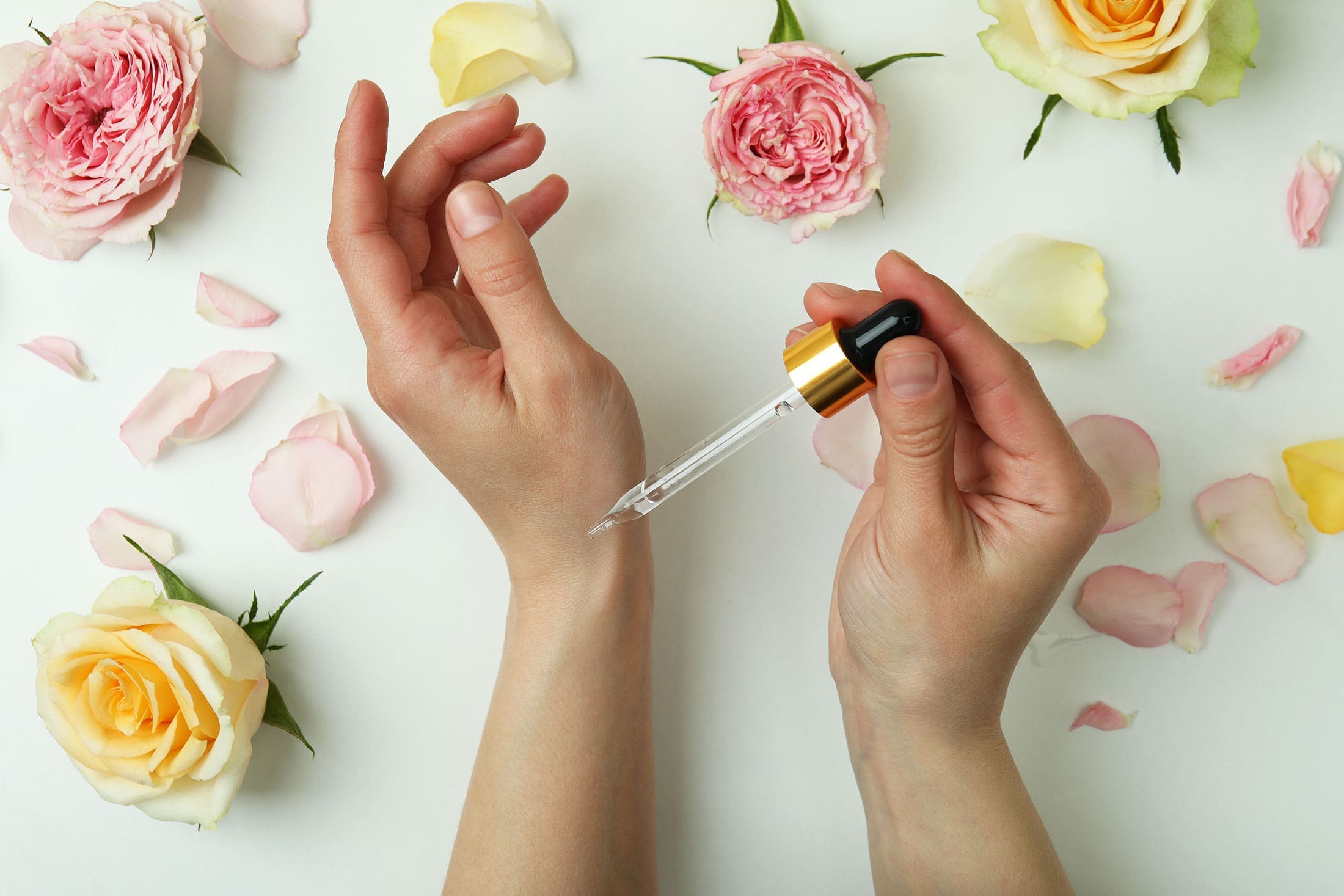Joanna’s Journey to Enhancing Mental Well Being with Essential Oils and Natural Approaches
In recent years, the use of non-chemical approaches such as essential oils and organic remedies have gained popularity . These have been seen as a natural methodology in helping overall well being . As a therapist, especially one who works with children, I have received so many questions from parents about utilizing essential oils and other natural remedies instead of starting their child on medication. Unfortunately, despite endless formal education, natural approaches are rarely, if ever, taught in formal education.
To better serve my clients, I started to do my own research and was blown away with the information I learned. I was so excited to learn that there was so much healthy and natural support out there to help my clients rather than medications with significant and long term side effects. Despite using third party research studies and medical journals for my sources, I was hesitant to share any of the information that I was uncovering in my deep dive. It felt too good to be true. If there were natural remedies that worked and had data to prove it, why were doctors whom I admire, trust and look up to recommending psychotropic medication?
Consequently, I recognized I needed to personally try the natural approach to assess whether the information I was learning was effective. I started slowly incorporating essential oils into my daily routine, and I immediately started to see results. I then started having my family utilize them, and they each noted positive results. It did not take long for me to start swapping out some of the typical household products in my home such as dryer sheets and cleaning products for more natural, essential oil based alternatives.
So what really are essential oils? Essential oils are highly concentrated plant extracts derived from flowers, leaves, bark, and other parts of plants. They contain aromatic compounds that give them unique fragrances and therapeutic properties. These natural compounds have been used for centuries in traditional medicine and are now gaining recognition in modern therapeutic practices including ours.
Many essential oils possess calming properties that can help reduce stress and promote relaxation. Oils like lavender, chamomile, and bergamot are known for their soothing effects and can be diffused or added to a warm bath to create a serene environment. Inhaling these oils can activate the olfactory system, triggering the release of neurotransmitters like serotonin and endorphins, which promote feelings of relaxation and well being. If you notice that the diffuser is on in our waiting room,it is safe to say that lavender oil is being diffused.
Essential oils can also be used to uplift mood and promote emotional balance. Citrus oils such as orange, lemon, and grapefruit are often associated with an energizing and refreshing effect. Their vibrant scents can help combat feelings of low mood or sadness. I personally put 5 drops of lemon oil in my Stanley water cup every morning!
Frankincense and ylang-ylang are other oils known for their mood-enhancing properties. They can be used in aromatherapy diffusers or diluted in carrier oils for topical application. I have been adding 2 drops of Frankincense to my moisturizer every morning and have noticed significant improvement in my facial complexion, hence why you are seeing me without makeup lately.
Anxiety and sleep disturbances often go hand in hand, and essential oils can be beneficial for both. Lavender oil, in particular, has been extensively studied for its anxiolytic and sedative effects. Diffusing lavender oil in the bedroom or using it as a massage oil can promote relaxation, reduce anxiety symptoms, and improve sleep quality. Additionally, oils like vetiver, clary sage, and Roman chamomile may also help alleviate anxiety symptoms when used appropriately.
Essential oils can be a useful tool for enhancing mindfulness and grounding practices. By engaging the senses, they can help anchor us in the present moment and promote a sense of calm and focus. Oils like sandalwood, cedarwood, and patchouli have grounding properties that can support meditation, yoga, or any mindful activity you engage in.
While essential oils can be a valuable addition to your self-care routine, it’s crucial to use them safely and mindfully. Here are a few considerations: Choose high-quality, pure essential oils from reputable sources to ensure their therapeutic benefits. Dilute essential oils in carrier oils before applying them topically to avoid skin irritation or allergic reactions. Everyone’s response to essential oils can vary, so it’s essential to pay attention to any adverse reactions or sensitivities. Start with small amounts – a drop or two at most – and you can increase usage as needed over time as your body and mind adjust. If you have pre-existing allergies or medical conditions, consult with a healthcare professional before using essential oils.
Essential oils should not replace professional mental health treatment nor should they automatically opted for instead of prescription drugs. Rather, they can safely and effectively be used as a complementary tool to support overall well being. If you are experiencing severe mental health concerns, it’s essential to seek the guidance of a qualified therapist or healthcare provider.
As a therapist, I firmly believe in the power of a holistic approach to mental health. While essential oils are not a magical cure-all, they can be a valuable addition to your self-care routine, enhancing emotional well-being and supporting mental health. Remember, self-care encompasses various practices, and exploring the use of essential oils can be a fulfilling and aromatic journey towards greater balance and harmony within yourself.
Disclaimer: This blog post is for informational purposes only and should not be considered medical advice. If you have specific concerns about your mental health, please consult a qualified healthcare professional.

